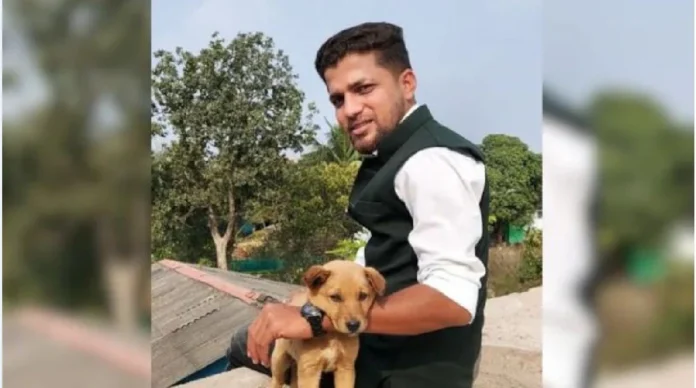By Binny Yadav
Mukesh Chandrakar, who ran the widely followed YouTube channel Bastar Junction in Chhattisgarh, was killed just days after exposing corruption in local road construction projects. His tragic death has reignited debates about the safety of journalists, particularly those working in conflict zones and reporting on sensitive issues.
This incident comes against the backdrop of a significant ruling by the Supreme Court, delivered in October 2024, which bolstered the constitutional protections for journalists. The Court ruled that journalists have the unequivocal right to critique the government, particularly when their work exposes facts or analyzes policies critically. This landmark decision is seen as a response to the increasing misuse of criminal laws to silence dissent and intimidate journalists.
A Landmark Judgment For Freedom Of Expression
The Supreme Court’s decision in Abhishek Upadhyay vs The State of Uttar Pradesh underscored the vital role of journalists as watchdogs of democracy. The Court ruled that no coercive action, such as arrest or harassment, should be taken against journalists solely for their critical writings or opinions. “In democratic nations, freedom to express one’s views is respected,” the Court emphasized, reaffirming the constitutional protection enshrined in Article 19(1)(a) of the Constitution.
The ruling addressed three pivotal areas:
1. Right to criticize the government: The Court upheld journalists’ right to critique government policies, even when their work challenges authority. This protects the ability of the press to inform the public and hold power to account.
2. Protection from retaliation: The judgment explicitly stated that journalists must not face criminal charges or harassment for their reporting. This aims to prevent the chilling effect caused by frivolous lawsuits or police action.
3. Strengthening Constitutional safeguards: The judgment reaffirmed that the freedom of speech and expression guaranteed by Article 19(1)(a) applies to journalists’ work, shielding them from undue interference.
Why This Ruling Matters Now
The significance of the ruling cannot be overstated, particularly in light of the mounting challenges faced by journalists in India. According to the Committee to Protect Journalists (CPJ), India ranked as the 7th most dangerous country for journalists in 2024. The deaths of reporters like Mukesh Chandrakar underscore the urgent need for systemic reforms to safeguard press freedom.
The ruling bolsters the foundation of democracy in several key ways:
1. Reinforcing journalists’ role as watchdogs: By recognizing the critical function of the press in promoting accountability and exposing corruption, the judgment safeguards the media’s ability to scrutinize those in power.
2. Preventing intimidation: Journalists often face legal harassment, including arrests and defamation cases, for their investigative work. This ruling provides a legal shield, discouraging retaliatory actions that aim to silence dissent.
3. Paving the way for reform: While the ruling itself does not create new laws, it opens the door for more comprehensive legal protections for journalists, particularly those working in high-risk environments or investigating sensitive topics.
The Case Of Mukesh Chandrakar: A Call To Action
Chandrakhar’s murder has amplified calls for urgent reforms. His reporting on corruption in road construction exemplified the dangers faced by journalists exposing misconduct in politically sensitive areas. His death is a tragic reminder that legal protections alone are insufficient without robust mechanisms to ensure the physical safety of journalists.
The Path Forward
The Supreme Court’s ruling is a vital step in addressing the threats faced by journalists, but more must be done. Legal experts and press freedom advocates have called for dedicated laws to protect journalists, emphasizing the need for stronger measures to prevent violence and harassment. The judgment also underscores the importance of creating an environment where journalists can operate without fear of retaliation, ensuring that democracy thrives through transparency and accountability.
As India grapples with its press freedom crisis, the Supreme Court’s decision serves as a beacon of hope. It reaffirms the press’s critical role in a democracy and underscores the importance of safeguarding journalists’ rights in the face of increasing challenges. Chandrakar’s death and the Supreme Court’s ruling together highlight the pressing need for comprehensive reforms to ensure that those who risk their lives to speak truth to power are protected—not silenced.
—The writer is a New Delhi-based journalist, lawyer, and trained mediator


